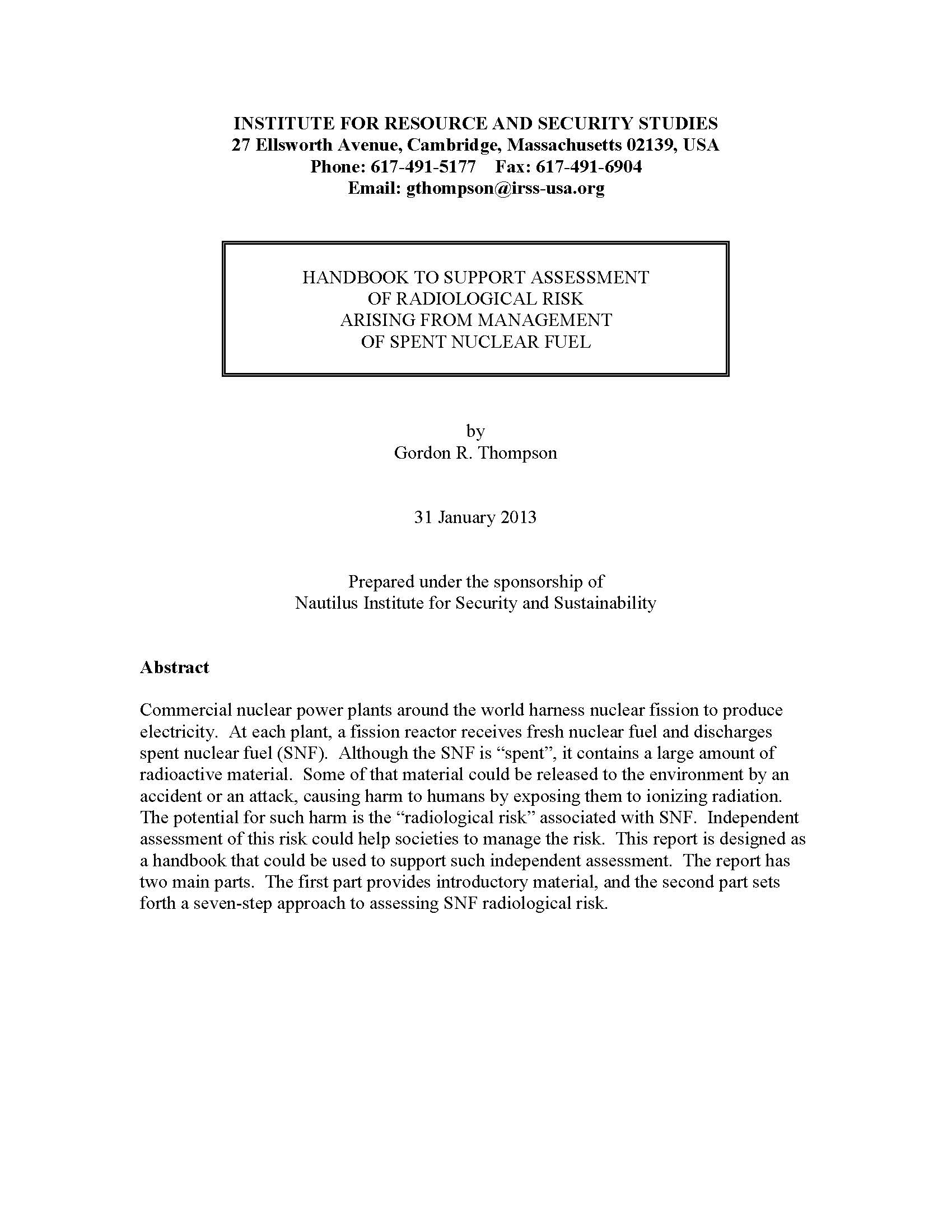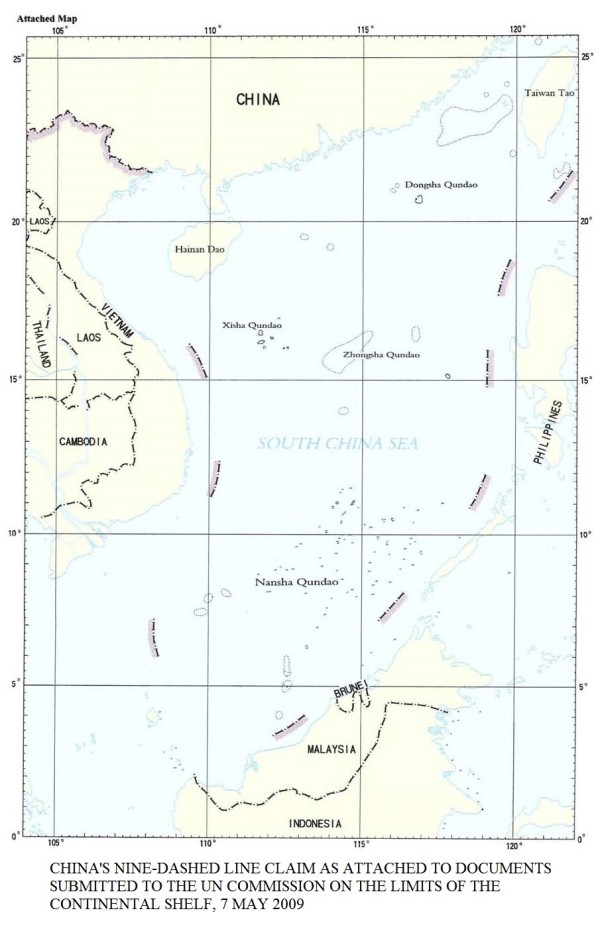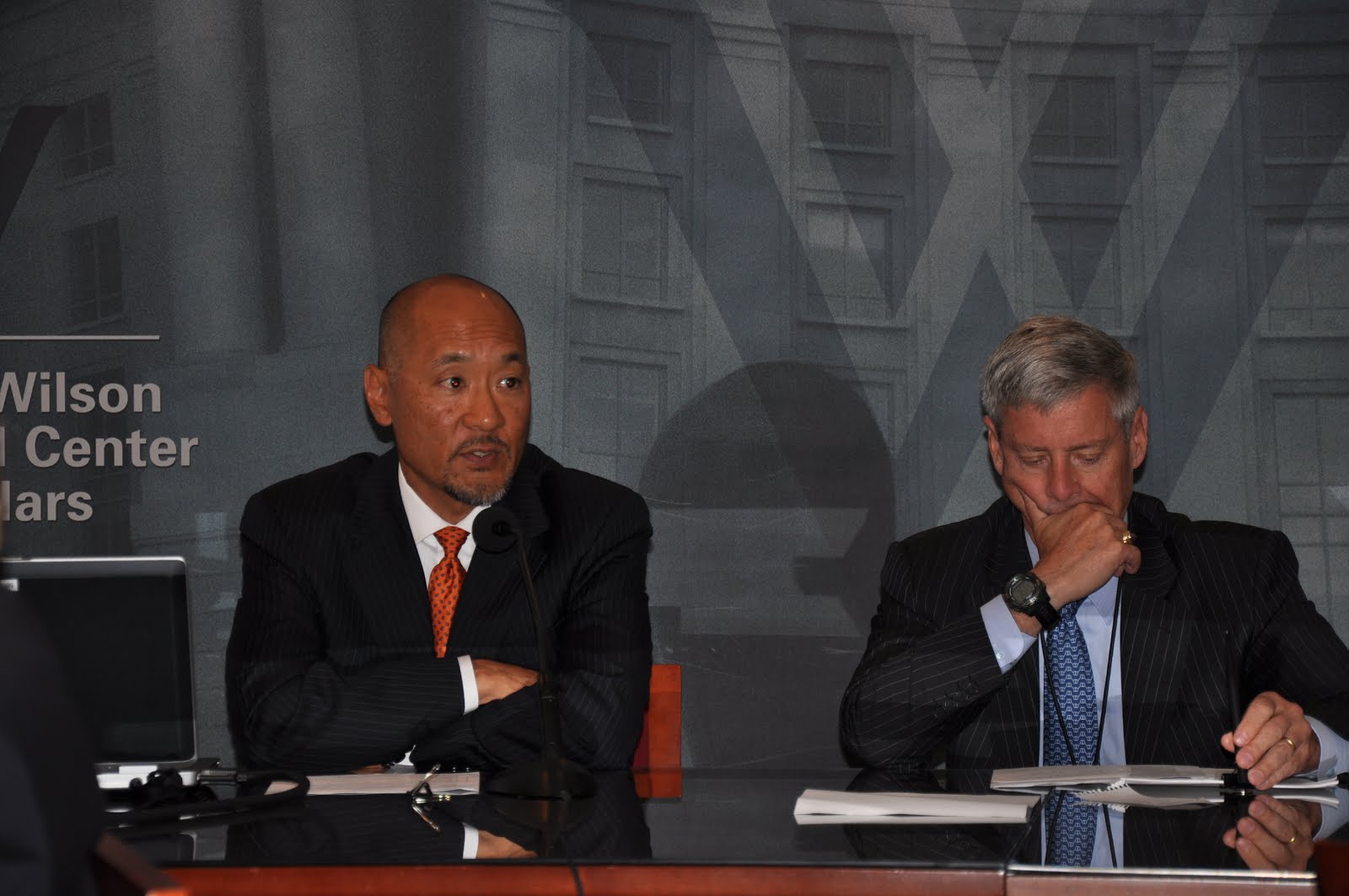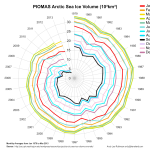Daily Report Archives
Established in December 1993, the Nautilus Institute’s *N*ortheast *A*sia *P*eace and *S*ecurity *N*etwork (NAPSNet) Daily Report served thousands of readers in more than forty countries, including policy makers, diplomats, aid organizations, scholars, donors, activists, students, and journalists.
The NAPSNet Daily Report aimed to serve a community of practitioners engaged in solving the complex security and sustainability issues in the region, especially those posed by the DPRK’s nuclear weapons program and the threat of nuclear war in the region. It was distributed by email rom 1993-1997, and went on-line in December 1997, which is when the archive on this site begins. The format at that time can be seen here.
However, for multiple reasons—the rise of instantaneous news services, the evolution of the North Korea and nuclear issues, the increasing demand for specialized and synthetic analysis of these and related issues, and the decline in donor support for NAPSNet—the Institute stopped producing the Daily Report news summary service as of December 17, 2010.
樊吉社
Fan Jishe
This is an English jist of this article. This is an English jist of this article. This is …
Go to the article
In light of a range of difficult domestic problems, including terrorism, poverty, poor governance, Saleem Janjua writes “climate change looks, at most, a less important issue in Pakistan to be dealt with. However, climate change – by re-sketching the maps of water availability, food security, disease occurrences, land use and coastal boundaries – may have severe implications for country’s overall security and stability.”
Saleem Janjua is the Climate Change Adaptation contributor for the NAPSNet Weekly report.
Go to the article

Commercial nuclear power plants around the world harness nuclear fission to produce electricity. At each plant, a fission reactor receives fresh nuclear fuel and discharges spent nuclear fuel (SNF). Although the SNF is “spent”, it contains a large amount of radioactive material. Some of that material could be released to the environment by an accident or an attack, causing harm to humans by exposing them to ionizing radiation. The potential for such harm is the “radiological risk” associated with SNF. Independent assessment of this risk could help societies to manage the risk. This report is designed as a handbook that could be used to support such independent assessment. The report has two main parts. The first part provides introductory material, and the second part sets forth a seven-step approach to assessing SNF radiological risk.
Gordon D. Thompson, Phil., is currently the executive director of Institute for Resource and Security Studies in Cambridge, MA. In addition, he serves as Research Professor, George Perkins Marsh Institute, Clark University, Worcester, Massachussetts.
This handbook was produced for of the Institute’s Resilience and Security of Spent Fuel in East Asia project with the support of the John T. and Catherine D. MacArthur Foundation.
Go to the article

Peter Hayes writes that automatic budget cuts in the US will result in the shrinking of the US strategic triad. He writes “each service will maintain its nuclear mission for political-bureaucratic and ideological reasons, and the triad itself will simply get smaller, remain militarily incoherent with warheads and missiles mismatched to military mission, with less funds available for conventional deterrent forces as a result. In turn, the deficit of conventional forces will justify continued funding of nuclear forces.”
Peter Hayes is director of Nautilus Institute and Professor of International Relations at RMIT University in Melb
Go to the article

Mark Valenica sets out the kind of statement China could issue in order to ‘clarify its position regarding its maritime claims and actions in the South China Sea.’ Valenica writes ‘For China such a statement would indicate it has “risen” and is ready to challenge the existing world system and contemporary interpretations of international law—if necessary to protect its interests.’
Mark J. Valencia is a Visiting Senior Scholar at the National Institute for South China Sea Studies, Haikou, China.
Go to the article

In his piece on the insanity of pursuing nuclear power, Nikhil Desai asks “How many billions of dollars have to be bet, and how many lives put at risk, in order to learn, and re-learn lessons of nuclear power?”
Nikhil Desai is the Energy Security contributor for the NAPSNet Weekly report.
The views expressed in this report do not necessarily reflect the official policy or position of the Nautilus Institute. Readers should note that Nautilus seeks a diversity of views and opinions on significant topics in order to identify common ground.
Go to the article

Philip Yun writes: “While the actual events leading to a unified Korea are virtually impossible to forecast, it is safe to assume (barring unforeseen or catastrophic events) that the Korean Peninsula, politically and economically, will eventually come to resemble South Korea’s current democratic government and open-market economy. The question is simply, when? Managing the Korean Peninsula’s transition — from status quo to an unknown, but more peaceful and stable regional Northeast Asian system — therefore becomes essential.”
Philip Yun is the Executive Director and COO of the Ploughshares Fund.
This report was originally presented at the New Approach to Security in Northeast Asia: Breaking the Gridlock workshop held on October 9th and 10th, 2012 in Washington, DC.
Go to the article








